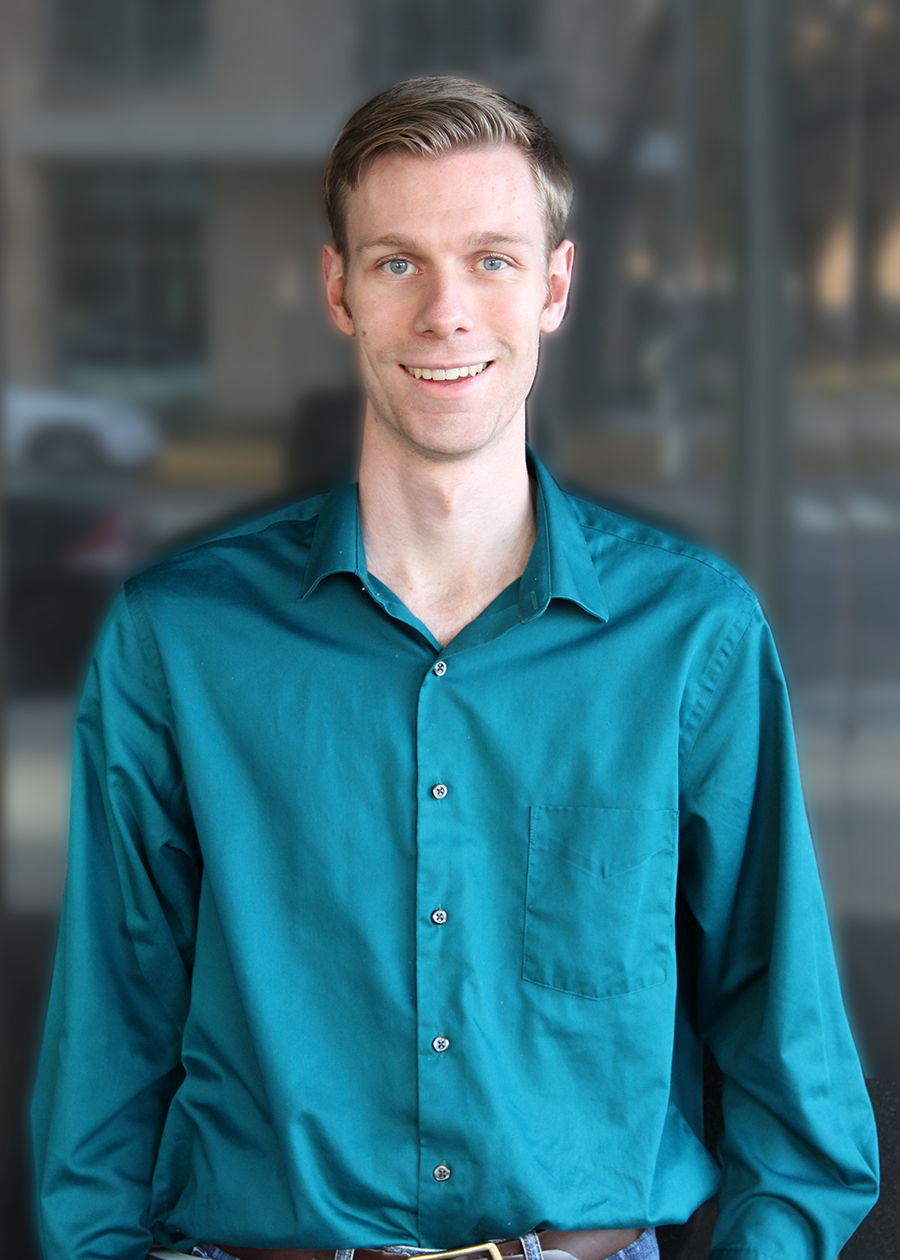You’re accessing archived content
This is archived content from the UIT website. Information may be outdated, and links may no longer function. Please contact stratcomm@it.utah.edu if you have any questions about archived content.
Alex Krebs' church mission translates to language consulting at home

Alex Krebs, student employee in USS, became fluent in Thai and Burmese during his mission for The Church of Jesus Christ of Latter-day Saints, a skill he now brings to consulting work.
The trick was to think in Burmese.
"Until you can start thinking and conversing in a new language without switching back and forth from your native tongue, there's some serious room for improvement," said Alex Krebs. "You may understand some things, and be able to say phrases, but a new language doesn’t truly click until it becomes a habitual mindset."
Krebs, a student employee in University Support Services' Quality Assurance group, was initially tasked with learning Thai before a two-year mission for The Church of Jesus Christ of Latter-day Saints. Nine months into studying the language, he was informed that he would also serve in Myanmar, leaving Krebs only a few days to learn the basics of Burmese, Myanmar's official language.
"When I showed up in country, I knew how to say hello and little else," he said.
Krebs spent 2015 to 2017 in the two countries — seven months in Thailand and 15 in Myanmar. To learn the languages, he immersed himself in dictionaries and books, talking with native speakers, and asking questions, always willing to risk saying the wrong things and appearing foolish.
Thai and Burmese are ancient languages influenced by Sanskrit, which Krebs said have a comparable alphabet and share some religious words. But when it comes to syntax, that's where the similarities end.
Common everyday speaking, Krebs said, is quite different. Thai features a grammatical order similar to Spanish subject-verb-object construction ("I ate a sandwich"), with adjectives coming after a noun, whereas Burmese is a verb-ending language, requiring the speaker to introduce the object and subject before the verb ("I a sandwich ate.").
"It takes a lot of getting used to," he said.
An interesting feature of Burmese is dropped pronouns, an affectation Krebs attributes to the culture being more group-oriented than individualistic. It's analogous to "Let's eat" in English, where the subject (who is eating) is left out.
Though ever the outsider, Krebs grew to care, trust and admire the people of Thailand and Myanmar.
"I would love if every American spent some time in another country. It opens up your eyes to what could be in America, but we shut it out from our view ..." he said. "I learned to express myself in new ways, and gained a lot of respect for Buddhism in my time there."
Back in the U.S., Krebs poured himself into pursuing a computer engineering degree at the U and working in UIT. But he kept his language studies fresh using techniques like watching films and reading/singing along to lyric videos like this cover of Train's "Calling All Angels" (via YouTube).
He also joined a consulting firm that hires him to translate and interpret Burmese. With its sizable refugee population, Krebs said Salt Lake City is home to a large number of residents native to Myanmar. For the most part, even members of ethnic groups in Myanmar who don't speak Burmese as their first language still speak it fluently, he said.
Krebs' consulting work comprises written communications and on-the-spot interpreting/translations. Clients have included everything from local health clinics to the Utah Attorney General's Office.
Interpreting, he said, presents particular challenges.
"Most people who use interpreters don't understand how often or when they should break between sentences. As a result, there are times you have to remember up to a paragraph of content and continue listening just in case," he said. "When one person talks to another, you are the middle man of the conversation. It all has to wait on you."
A favorite saying of Krebs’, widely credited to Charlemagne, is "To speak another language is to possess a second soul."
"For anyone who has a chance to go to another country, I would encourage them to learn at least a little bit of the language, especially while you're there," Krebs said. "Ask someone how to do this or say that. If nothing else, they'll probably enjoy it. They'll enjoy that you're at least trying. Certainly you'll make mistakes, but anyone who doesn't make mistakes is not trying hard enough."

Burmese dictionary belonging to Alex Krebs.
Node 4
Our monthly newsletter includes news from UIT and other campus/ University of Utah Health IT organizations, features about UIT employees, IT governance news, and various announcements and updates.
